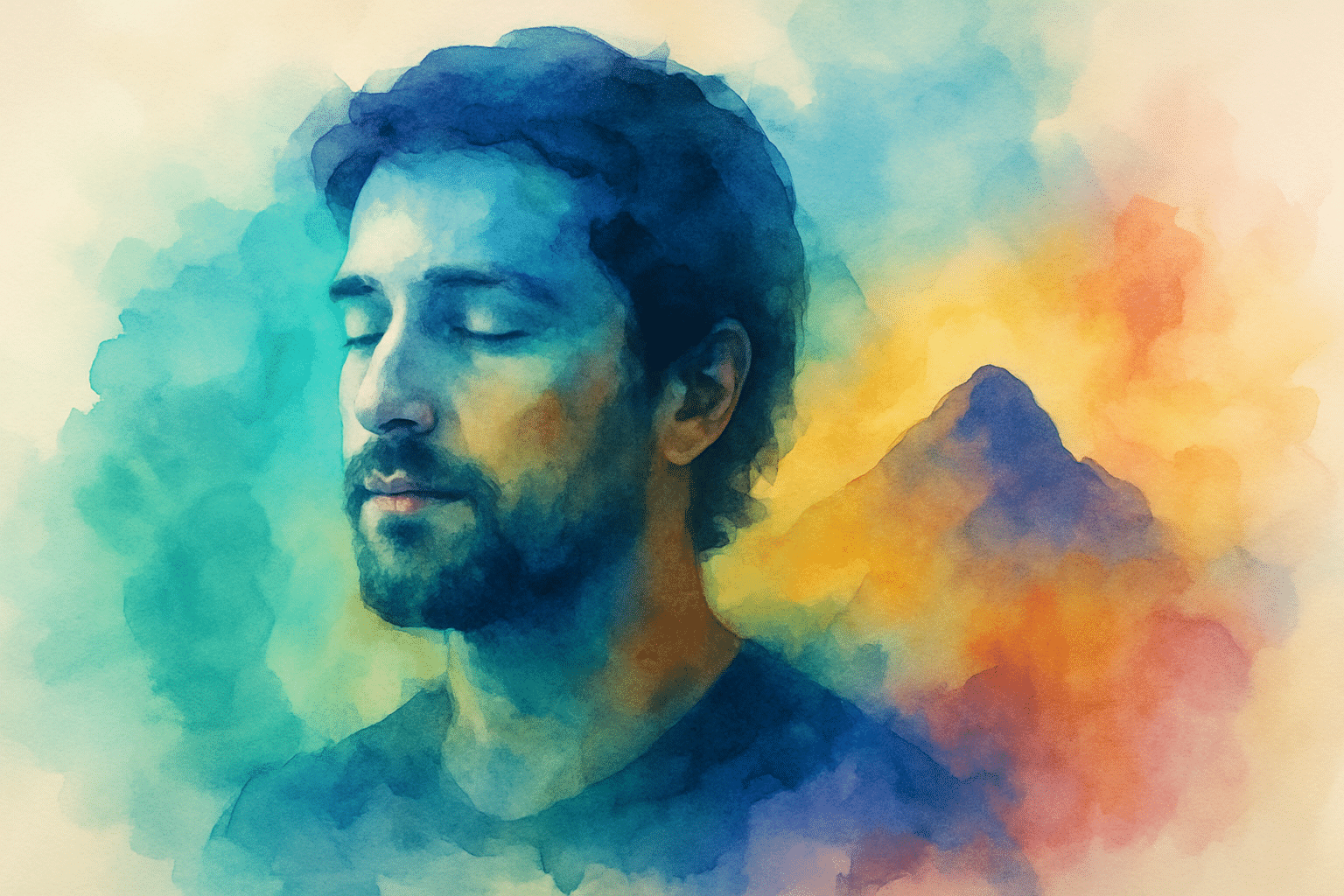What is Benzo Addiction?
Benzo addiction — short for benzodiazepine addiction — is a chronic condition characterized by compulsive use and dependence on benzodiazepine medications. Benzodiazepines are prescription drugs commonly used to treat anxiety, insomnia, and seizures. While these medications can be helpful when used as prescribed, they also carry the risk of addiction when misused or taken for a prolonged period.
Side Effects of Benzo Addiction
Prolonged benzo use and addiction can have significant side effects on both physical and mental health. Some of the common side effects of benzo addiction include:
Sedation & drowsiness
Benzos have a calming effect on the central nervous system, leading to drowsiness, confusion, and impaired coordination.
Memory & cognitive problems
Long-term use of benzos can cause memory, concentration, and problem-solving issues.
Emotional instability
Benzo addiction can lead to mood swings, irritability, and increased anxiety or depression.
Physical dependence
Continued use of benzos can result in tolerance, where larger doses are needed to achieve the same effect and withdrawal symptoms when attempting to quit or reduce use.
Respiratory depression
In high doses or when combined with other substances, benzos can suppress the respiratory system, leading to shallow breathing and potential respiratory failure.
It is important to note that these side effects can vary depending on the individual and the specific benzo medication used. Seeking professional help is crucial in addressing these concerns and minimizing the risks of benzo addiction.
What Are the Symptoms of Benzo Addiction?
Recognizing the symptoms of benzo addiction can help individuals and their loved ones identify when intervention is necessary. Some common signs and symptoms of benzo addiction include:
Increased tolerance
Over time, individuals may require higher doses of benzos to achieve the desired effects.
Withdrawal symptoms
When attempting to quit or reduce benzo use, individuals may experience rebound anxiety, insomnia, restlessness, and physical discomfort.
Doctor shopping
Some individuals may visit multiple doctors or pharmacies to obtain numerous prescriptions for benzos.
Social withdrawal
Benzo addiction can cause individuals to isolate themselves from friends and family, preferring the company of the drug.
Financial difficulties
Sustaining a benzo addiction can lead to financial strain due to the cost of obtaining medications or the inability to maintain employment.
Continued use despite negative consequences
Individuals may use benzos despite experiencing adverse effects on their health, relationships, or work.
It is important to remember that addiction is complex, and not all individuals will exhibit the same symptoms. If you or someone you know is experiencing these signs, it is crucial to seek professional help to address the issue effectively.
If you or someone you know is experiencing these symptoms seek professional help to address the issues.
Benzo Addiction Treatment
Fortunately, there are several treatment options available for benzo addiction. The first step toward recovery is seeking professional help from a reputable benzo addiction center. Here are some common treatment approaches:
Detoxification
The initial stage of treatment involves benzo detox. Benzo detoxification requires safely tapering off the benzo medication under medical supervision to minimize withdrawal symptoms and ensure physical stability.
Therapy & counseling
Behavioral therapies such as cognitive-behavioral therapy (CBT) can help individuals identify triggers, develop coping skills, and address underlying issues contributing to their addiction.
Medication management
In some cases, professionals may administer medications to support recovery, such as antidepressants for co-occurring depression or anti-anxiety medications for managing withdrawal symptoms.
Support groups
Participating in support groups like Benzo Anonymous or 12-step programs can provide individuals with a supportive community of peers who understand their struggles and offer encouragement throughout recovery.
Aftercare & relapse prevention
Continuing care is essential in maintaining long-term sobriety. After completing a formal treatment program, individuals may benefit from ongoing therapy, counseling, and support groups.
Aftercare and relapse prevention: Continuing care is crucial in maintaining long-term sobriety. After completing a formal treatment program, individuals may benefit from ongoing therapy, counseling, and support groups.
More about our services
What is a Benzo Addiction Center?
A benzo addiction center is a specialized facility that provides comprehensive care and support for individuals struggling with benzo addiction. These centers offer various services and resources to assist individuals in their recovery journey. Here’s what you can expect from a reputable benzo addiction center:
Expert staff
Benzo addiction centers have dedicated and experienced professionals who specialize in addiction treatment. These may include doctors, therapists, counselors, and support staff who understand the complexities of benzo addiction and can provide personalized care.
Individualized treatment plans
A reputable benzo addiction center will develop personalized treatment plans tailored to individual needs and circumstances. They will conduct thorough assessments to determine the most effective approach to treatment, considering factors such as the severity of addiction, co-occurring mental health conditions, and personal goals.
Comprehensive care
Benzo addiction centers provide a range of services to address all aspects of addiction and recovery. These may include detoxification programs, therapy and counseling services, medication management, educational workshops, holistic therapies, and aftercare planning. The goal is to provide holistic care that promotes physical, mental, and emotional healing.
Safe & supportive environment
Benzo addiction centers create a safe and supportive environment where individuals can focus on their recovery. These centers are free from triggers and temptations associated with drug use, allowing individuals to develop new coping skills and healthier habits.
Family involvement
Recognizing the importance of family support, many benzo addiction centers involve family members in treatment. Family therapy sessions and educational programs can help repair relationships, improve communication, and establish a strong support network for long-term recovery.
Continuum of care
A reputable benzo addiction center understands that recovery is a lifelong journey. They offer a continuum of care, including aftercare programs, relapse prevention strategies, and ongoing support to ensure individuals have the resources and guidance they need for sustained sobriety.
Confidentiality & privacy
Benzo addiction centers prioritize confidentiality and privacy to protect those seeking treatment. The team will keep your personal information and treatment details confidential within the bounds of legal and ethical guidelines.
When searching for a benzo addiction center, consider factors such as accreditation, reputation, treatment approaches, and available resources. Finding a center that aligns with your specific needs and values is essential. Feel free to contact the center’s representatives to ask questions and gather information to help you make an informed decision.
Reaching out for help is a brave step toward a better future. A reputable benzo addiction center can provide the support, guidance, and treatment necessary to overcome addiction and embark on a path to lasting recovery.




